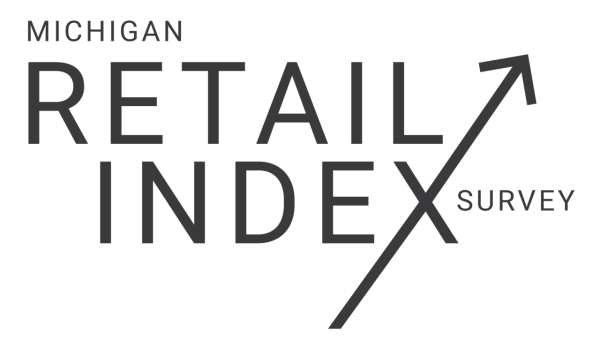BY: JOHN MAYLEBEN
Surcharge. Cash Discount Program. Convenience Fee. Once considered taboo, shifting the cost of credit card processing fees to consumers is now becoming universally accepted. If adding a surcharge sounds tempting, now may be the time.
It’s February. How are you doing with those New Year’s resolutions? As people work through their resolutions to lose weight or eat better, business owners typically use this time of year to assess the health of their business now that the holiday rush is over. One increasing area of concern for business owners is credit card transaction fees.
While working in credit card processing, every year at this time, without fail, I would get calls from upset business owners over the high cost of processing fees. Typically, we would find that their business had grown so their processing fees grew as well. The same question always came up. What can I do to reduce this expense? According to a 2020 Nilson Report, in 2019 alone, retail merchants paid $116.43 billion in processing fees for credit, debit, and prepaid cards — up 7.7% from 2018. More importantly, 79.6% of all processing fees were through credit card transactions.
 Interchange fees
Interchange fees
Card networks like Visa Inc. and Mastercard Inc. set the interchange fees (also known as “swipe fees”) that businesses pay to credit card issuers when consumers use credit cards. Merchants also pay fees to the networks and other intermediaries involved in processing the payments. Retailers and card networks have been battling over interchange fees for years, but Visa and Mastercard have long had the upper hand. (WSJ article). However, in 2013, Visa and Mastercard lifted a long-running ban on credit card surcharging as part of a class-action settlement with merchants who had accused the networks and large banks of fixing fees and preventing businesses from steering customers to cheaper payment methods.
Is cash still king?
There’s plenty of evidence that the U.S. is slowly becoming a cashless society. According to the Wall Street Journal, cash transactions have been declining for years, yet the pandemic only accelerated the trend as consumers switched to online shopping. However, this increase in credit card usage has created extra costs for merchants.
 To surcharge or not to surcharge…
To surcharge or not to surcharge…
Although many businesses rebounded from lost sales in 2021, the cost of processing fees continues to impact their bottom line. Rather than refuse to accept card payments and risk losing sales, some retailers chose to pass the cost onto customers. While allowing customers the option to avoid fees by paying with cash, debit cards, or pre-paid cards, many businesses are finding that more customers are becoming more accustomed to having the cost of processing credit card transactions passed on to them, instead of being absorbed by the retailer. Many feel the convenience is worth the expense. In addition, consumers are finding that paying the credit-card fees is a small price to pay if it means more rewards in the form of airline miles, hotel points, or cash back. There’s also substantial evidence that Millennials and Gen-Z prefer to go cashless thanks to payment apps like Venmo, Zelle, and PayPal.
If you think the time is right to implement a surcharge, the Michigan Retailers Association is here to assist you. We can help answer questions about how to register with Visa and MasterCard, understanding the complex compliance requirements, and share tested best practices for communicating the change with your customers.
Is passing the cost to the cardholder worth it for your business? Here’s some things you should know:
Card Type: Passing the fees to the cardholder only applies to credit card transactions. Payments made with other cards do not qualify. Are credit cards a large enough portion of your transactions to justify the change?
Rules & Regulations: There are strict compliance rules including capped limits on the amount of the fee you can pass to the cardholder and how you must disclose information about the fee to customers at the time of sale.
Tech Challenges: The wrong technology can result in a poor customer experience. Locate an IT partner who can make the process seamless and you’ll eliminate many of the unnecessary headaches.
Other Options: Surcharges aren’t the only alternative to hefty processing fees. Some businesses offer discounts and other incentives for paying in cash. While surcharges are widely favored by a growing segment of retailers, it’s not your only option. Discuss with your team and decide the best path.
Want more information on surcharging?
Contact our sales department at sales@retailers.com or 800.366.3699, ext. 655.






